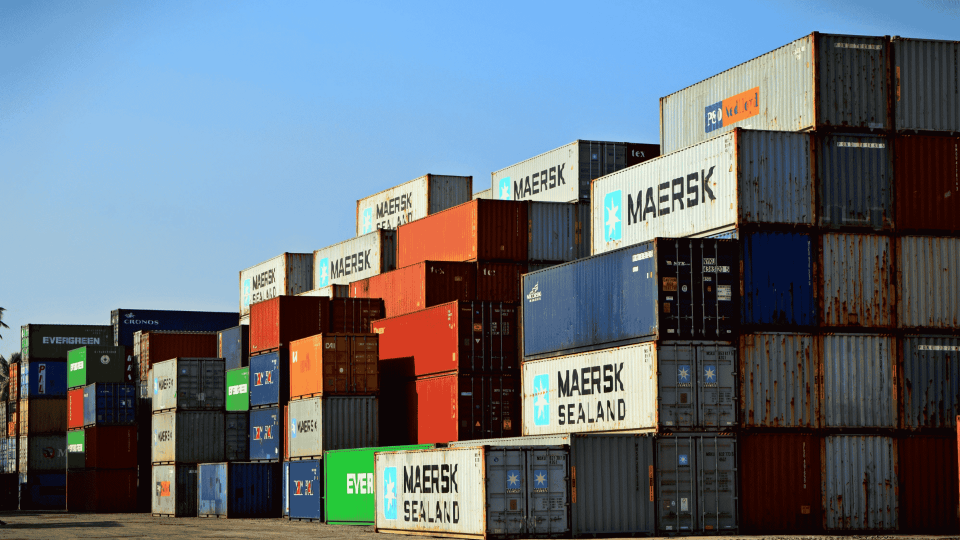Investment promotion is an extremely complex and varied field of work. This means that investment promotion leaders have very exciting jobs but struggle to find professional development and FDI training that meets the needs of their profession.
Investment promotion professionals regularly deal with a broad and diverse range of topics. At a macro level, they need to understand global economic trends, geopolitics, regulatory frameworks, national policies and laws, industry developments and the impact that all these factors have on investment. At the level of individual projects, investment promotion specialists typically deal with finance, tax, human resources, logistics, real estate, land use planning, utilities and many other issues that influence the successful outcome of an investment. In addition, investment promotion requires capabilities in marketing, consultative selling, relationship building and managing a network of stakeholders and partners.
This diversity – and the fact that no two investment projects are the same – makes investment promotion such an exciting field to work in. It also explains why there is no formal education or recognized professional certification for investment promotion professionals. It would be difficult for any curriculum to cover the breadth of topics that investment promotion professionals encounter in their work. This is why investment promotion professionals typically learn on the job, perhaps with some informal FDI training from time to time to address at least some parts of their work.
Another challenge to developing a formal educational program for investment promotion is that many of the attributes of effective investment promotion professionals are so-called “soft-skills”, which are typically not taught in schools or colleges. This is especially true for the leaders of investment promotion agencies, who need to manage a complicated balancing act of motivating their teams and retaining top performers, ensuring new and existing investors are satisfied, maintaining the support of partners in the government and private sector, all while pleasing political stakeholders and achieving ever more challenging objectives.
Leaders of investment promotion agencies have even fewer opportunities than their staff to sharpen their skills, exchange experiences with peers in a meaningful and open way and take the time to reflect on their organisation’s (and their own) future direction. Given the importance of investment promotion to a location’s economy, it is important for the leaders and management of investment promotion agencies to find opportunities for professional development and FDI training too.





